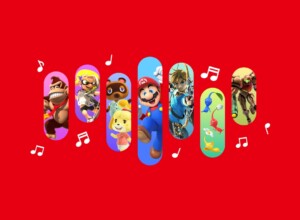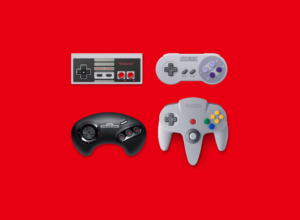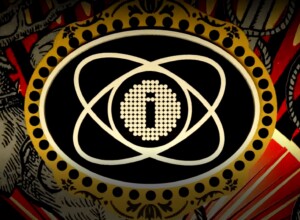As I get older, it is becoming apparent that the games I enjoy the most are the ones that I can reach the end of.
Obtaining a certain amount of closure is increasingly important to me. I die a little inside when another incomplete game is added to the pile, knowing that I will probably never return to it. I can happily call a game complete when I have reached the end of a game’s main narrative thrust. Beaten the final boss. Got the girl. Saved the planet. I do get sucked in by the completion percentages, I’m only human, but not achieving 100% doesn’t irk me anywhere near as much as being unable (or unwilling) to make it to the credits, especially if I’ve already put in multiple hours.
I think it all started to spiral out of control when my first PS3 died a death. Before we were able to upload our saves to the PSN cloud, I lost my hard-earned progress on a number of incomplete games. Final Fantasy XIII. Yakuza 4. Dead Space 2. LA Noire. I was right near the end of Final Fantasy too. I have since played it to completion, but it was an unwelcome slog. It’s really not a very good game. The other three (and more besides) remain in the pile, and this makes me sad. Is it odd that the only one of those games that I did manage to finish was arguably the one that would have taken me the most time? Do I only have myself to blame, for taking on too many projects at once? Quite possibly.
Surely completing a game in a single weekend is the holy grail that developers should be striving for, the streamlined experience that all gamers can enjoy. Replayability, collectibles and longevity ideas like New Game Plus (an underutilised mechanism in my opinion) can then come into play for those that want or need them. I think the apparent play time of The Order: 1886 (between 7 and 8 hours) sounds about perfect for a solid weekend of beautiful, alt-Victorian, shooty action. It’s just a pity they want £50 for it. I’ll buy it when it’s £40 or less. Sorry Ready At Dawn.
I paid £25 for MGS: Ground Zeroes, and probably finished the main story mission in less than 3 hours, but I had a whale of a time, it got me super-hyped for the Phantom Pain, and I got a ton more play time from the game. Money well spent in my opinion. A game’s price and length are clearly both tied to its perceived value, but there are many other factors to take into account, and we’re all different. You could be a fan of a series, or a particular developer. Genre. Graphics. Multiplayer. Reputation. Review score? All these things can play a part in a gamer’s assessment of a game’s value. And more often than not, this assessment takes place before they have even had a chance to play it. Whatever happened to demos? Ground Zeroes anyone?
What I’m trying to get at is that a short game is not necessarily a bad game, it just may not be valued as highly as a longer game, of similar (or maybe worse) quality. Concern about a game’s length, before it has even been played, can only result in publishers demanding longer games and developers resorting to padding their games out with uninteresting side quests and dull collectibles to stretch the average play time. Ubisoft, I’m looking at you.
There is room in this wonderful, varied pastime we call home for both the 100-hour, sprawling, open-world epics and the 8-10 hour, tightly scripted, set piece heavy, action adventures. We are a diverse bunch. We should just be careful what we wish for.






